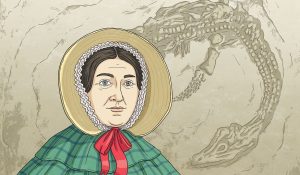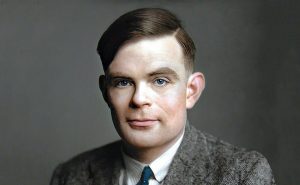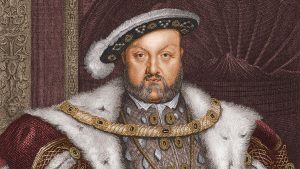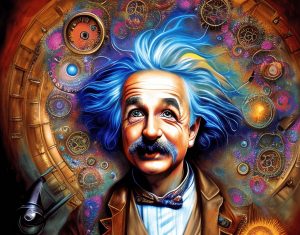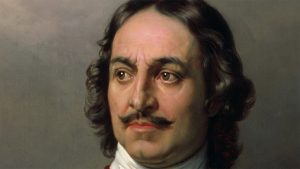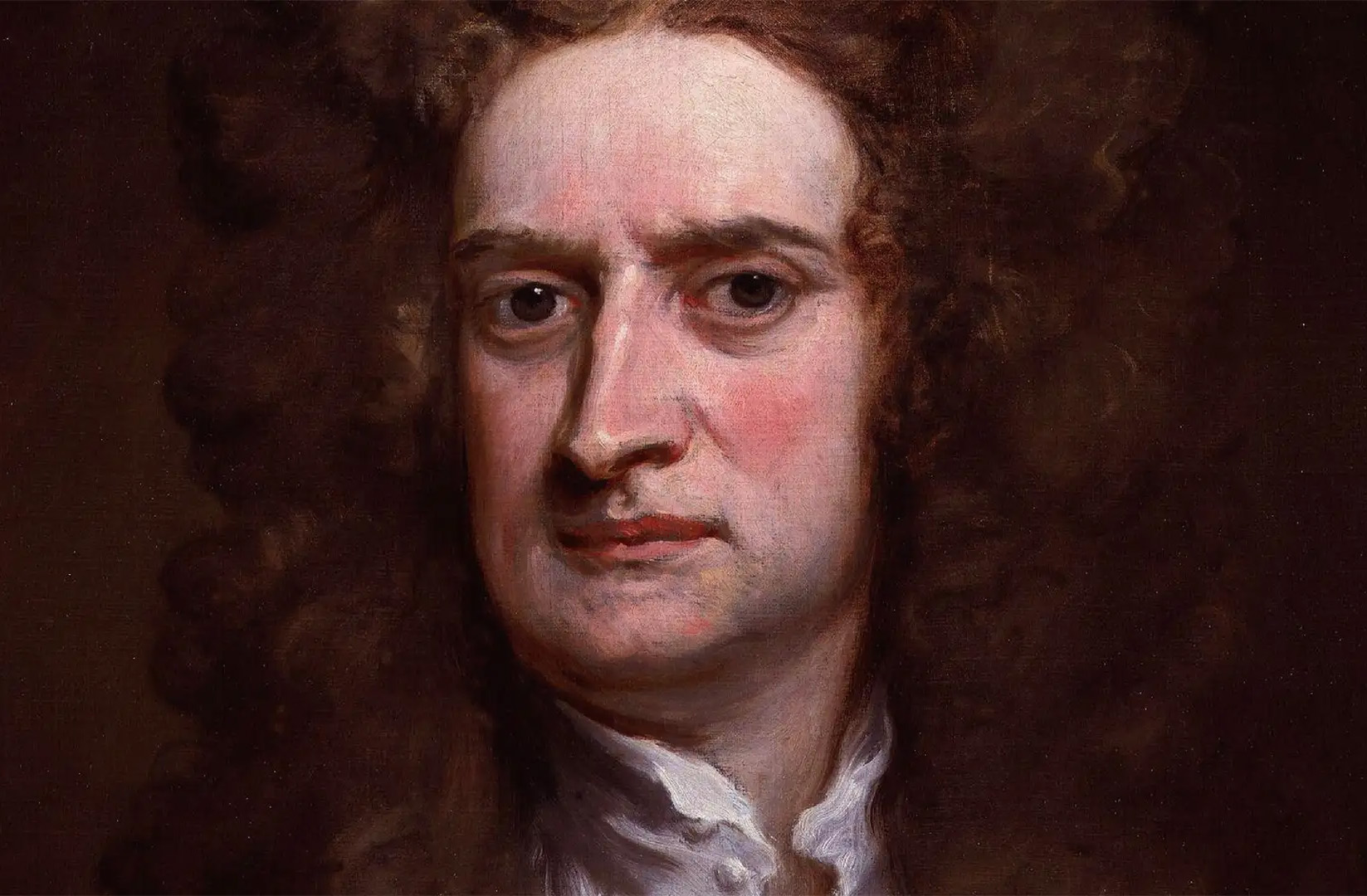
25 interesting facts about Isaac Newton
- 👁️ 1122
Isaac Newton is widely regarded as one of the greatest scientists of all time. He is known for his contributions to the fields of physics and mathematics, among others. In this article, we’ll explore some interesting facts about the life and work of this legendary figure.
- Newton was born prematurely on Christmas Day, 1642, in Woolsthorpe, England.
- As a child, Newton was a poor student and had little interest in formal education. However, he was fascinated by machines and gadgets, and spent much of his time tinkering with them.
- When Newton was 17, his mother pulled him out of school to help run the family farm. However, he showed little interest in farming, and instead spent his time reading and conducting scientific experiments.
- Newton enrolled at Trinity College, Cambridge in 1661. He initially intended to study law, but his interests quickly turned to mathematics and physics.
- In 1665, the bubonic plague swept through Cambridge, and the university was closed. During this time, Newton returned to his family’s farm, where he spent nearly two years developing his ideas on calculus, optics, and gravity.
- In 1687, Newton published his most famous work, Philosophiæ Naturalis Principia Mathematica (Mathematical Principles of Natural Philosophy), which laid the foundations for classical mechanics and revolutionized the field of physics.
- Newton’s three laws of motion – the law of inertia, the relationship between force and acceleration, and the principle of action and reaction – are still taught in schools today.
- Newton’s work on optics also revolutionized the field, and he is credited with discovering that white light is made up of a spectrum of colors.
- Newton was appointed warden of the Royal Mint in 1696, and later served as Master of the Mint. During his time at the Mint, he introduced a number of reforms that helped to combat counterfeiting.
- Newton was knighted by Queen Anne in 1705, and was the first scientist to be given this honour.
- Newton was known for his prickly personality, and had a number of feuds with other scientists of the day. One of his most famous disputes was with German mathematician Gottfried Leibniz over who had developed calculus first.
- Newton suffered from depression and several nervous breakdowns throughout his life, and was known to have engaged in some unusual practices, such as self-experimentation with mercury.
- Newton died on March 31, 1727, at the age of 84. He was buried in Westminster Abbey, and his tomb bears the Latin inscription “Here lies Isaac Newton, knight, who by a strength of mind almost divine, and mathematical principles peculiarly his own, explored the course and figures of the planets, the paths of comets, the tides of the sea, and the dissimilarities in rays of light.”
- Newton’s legacy continues to inspire scientists and thinkers around the world, and his contributions to the fields of physics and mathematics are still studied and celebrated today.
Isaac Newton was a remarkable figure in history who made many contributions to the fields of mathematics, physics, and astronomy. From his development of the laws of motion and universal gravitation to his invention of the reflecting telescope and calculus, Newton’s impact on science and technology cannot be overstated. Beyond his intellectual accomplishments, Newton was also a complex individual with a wide range of interests, including alchemy, theology, and even the occult. Although he lived over three centuries ago, his ideas and discoveries continue to shape our understanding of the universe today.


